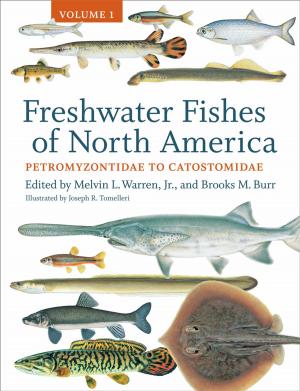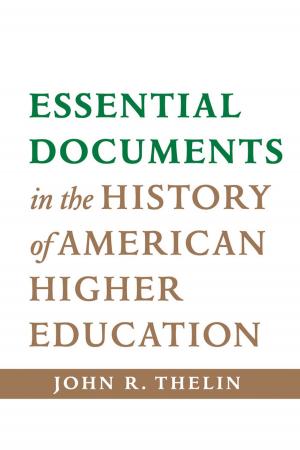The Case of the Green Turtle
An Uncensored History of a Conservation Icon
Nonfiction, Science & Nature, Science, Biological Sciences, Ecology, Nature, Environment, Environmental Conservation & Protection| Author: | Alison Rieser | ISBN: | 9781421406190 |
| Publisher: | Johns Hopkins University Press | Publication: | July 15, 2012 |
| Imprint: | Language: | English |
| Author: | Alison Rieser |
| ISBN: | 9781421406190 |
| Publisher: | Johns Hopkins University Press |
| Publication: | July 15, 2012 |
| Imprint: | |
| Language: | English |
The journals of early maritime explorers traversing the Atlantic Ocean often describe swarms of sea turtles, once a plentiful source of food. Many populations had been decimated by the 1950s, when Archie Carr and others raised public awareness of their plight. One species, the green turtle, has been the most heavily exploited due to international demand for turtle products, especially green turtle soup. The species has achieved some measure of recovery due to thirty years of conservation efforts, but remains endangered.
In The Case of the Green Turtle, Alison Rieser provides an unparalleled look into the way science and conservation interact by focusing on the most controversial aspect of green turtle conservation—farming. While proponents argued that farming green sea turtles would help save them, opponents countered that it encouraged a taste for turtle flesh that would lead to the slaughter of wild stocks. The clash of these viewpoints once riveted the world.
Rieser relies on her expertise in ocean ecology, policy, and law to reveal how the efforts to preserve sea turtles changed marine conservation and the way we view our role in the environment. Her study of this early conservation controversy will fascinate anyone who cares about sea turtles or the oceans in which they live.
The journals of early maritime explorers traversing the Atlantic Ocean often describe swarms of sea turtles, once a plentiful source of food. Many populations had been decimated by the 1950s, when Archie Carr and others raised public awareness of their plight. One species, the green turtle, has been the most heavily exploited due to international demand for turtle products, especially green turtle soup. The species has achieved some measure of recovery due to thirty years of conservation efforts, but remains endangered.
In The Case of the Green Turtle, Alison Rieser provides an unparalleled look into the way science and conservation interact by focusing on the most controversial aspect of green turtle conservation—farming. While proponents argued that farming green sea turtles would help save them, opponents countered that it encouraged a taste for turtle flesh that would lead to the slaughter of wild stocks. The clash of these viewpoints once riveted the world.
Rieser relies on her expertise in ocean ecology, policy, and law to reveal how the efforts to preserve sea turtles changed marine conservation and the way we view our role in the environment. Her study of this early conservation controversy will fascinate anyone who cares about sea turtles or the oceans in which they live.















